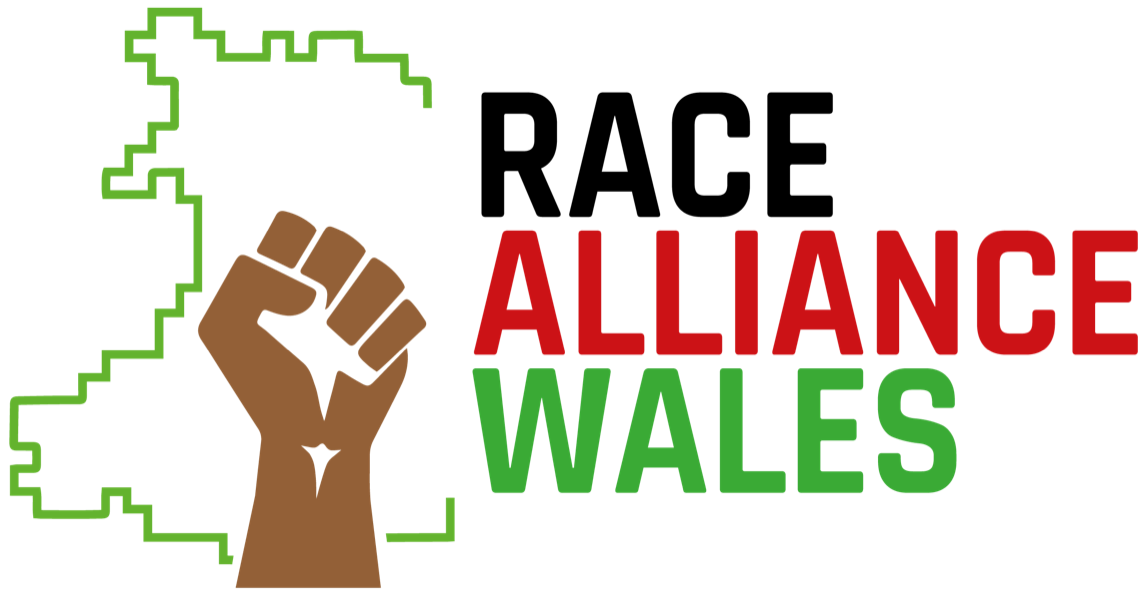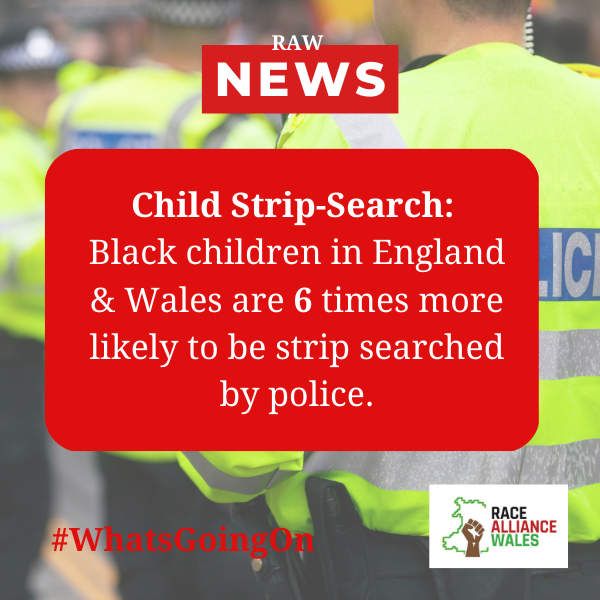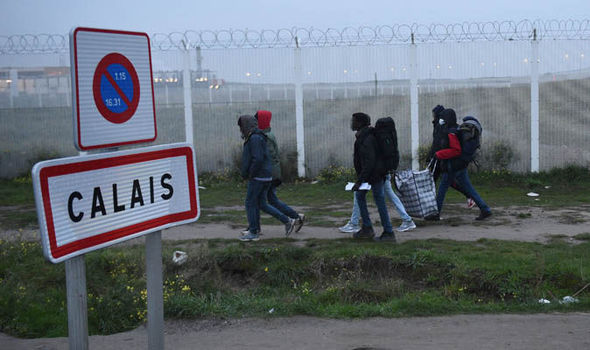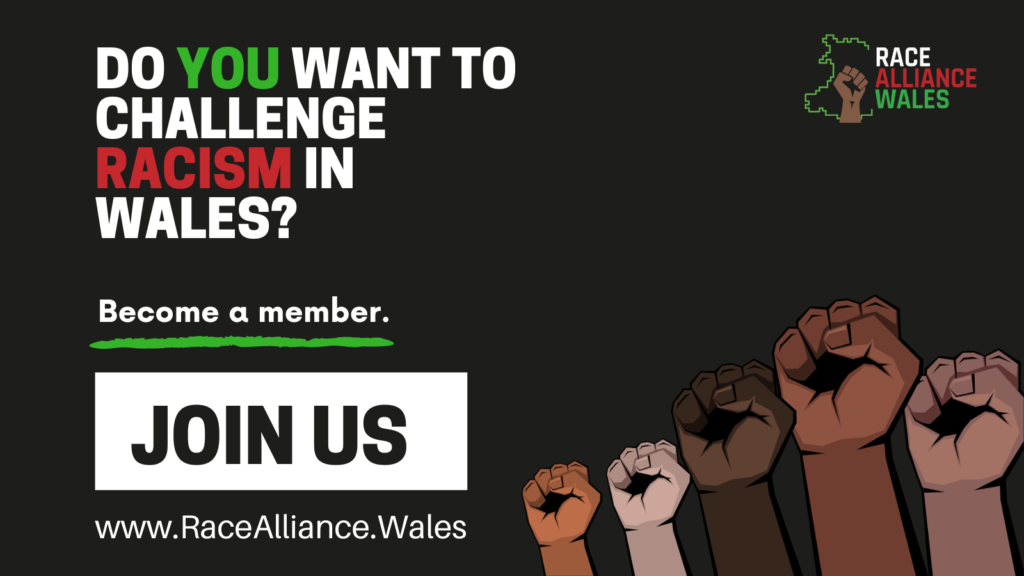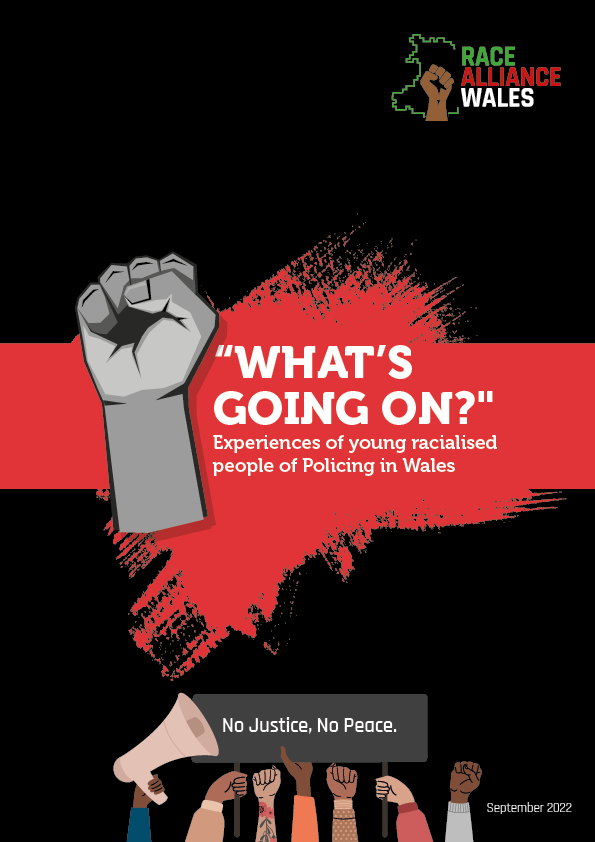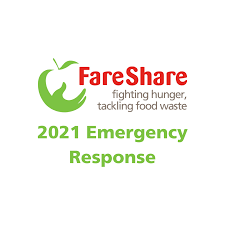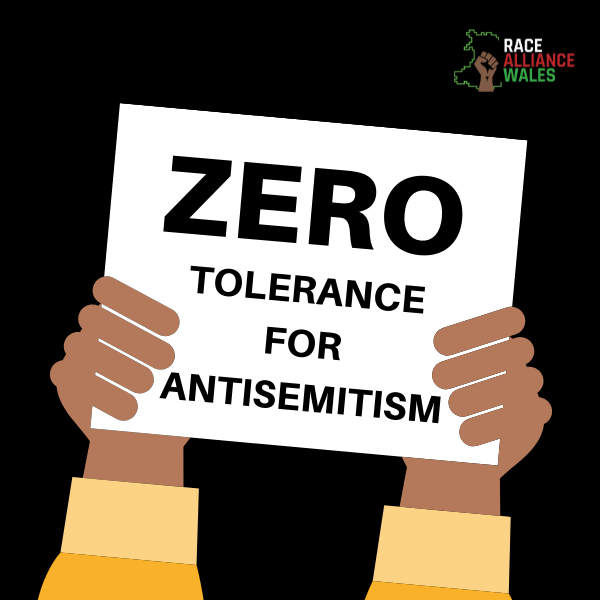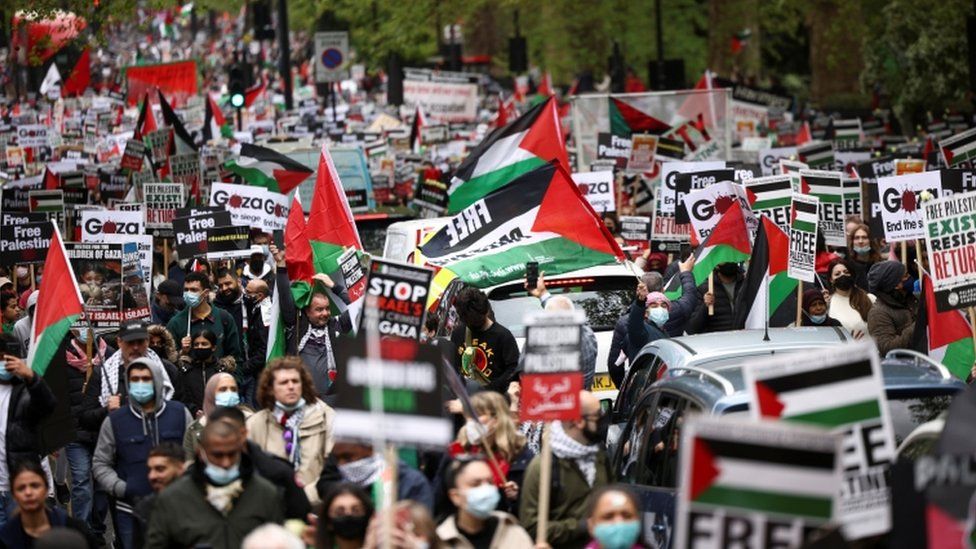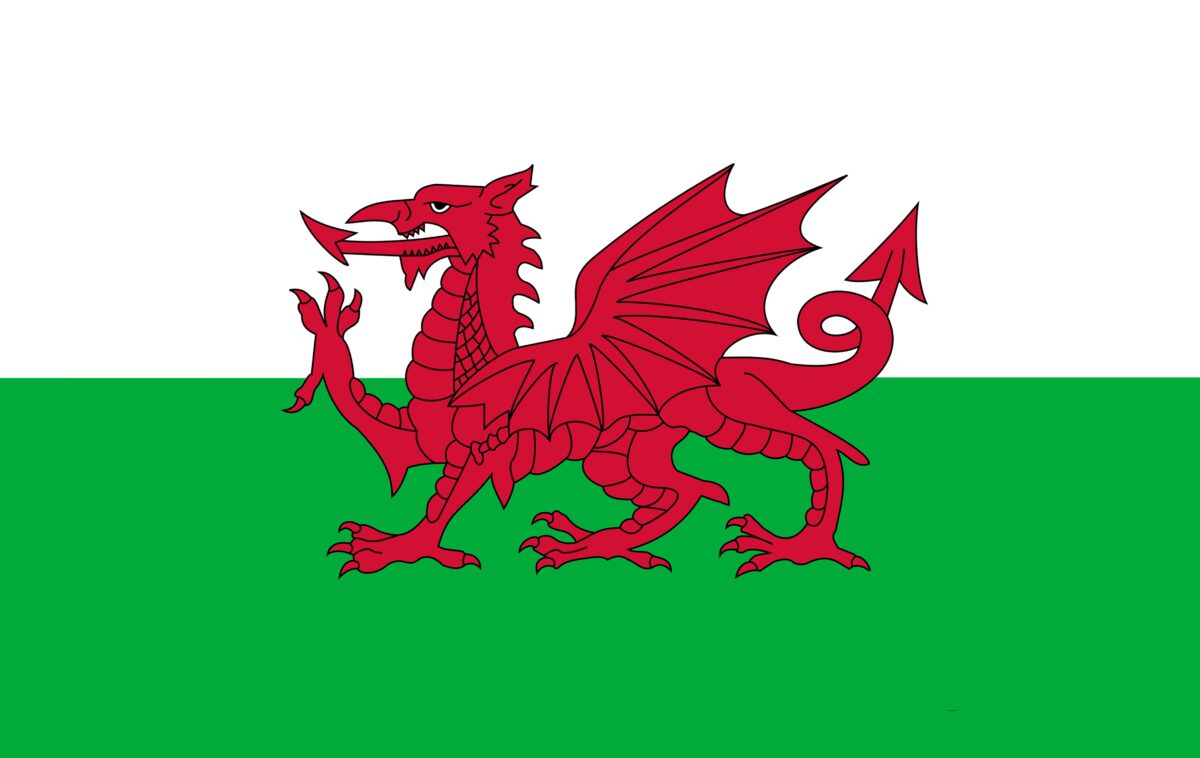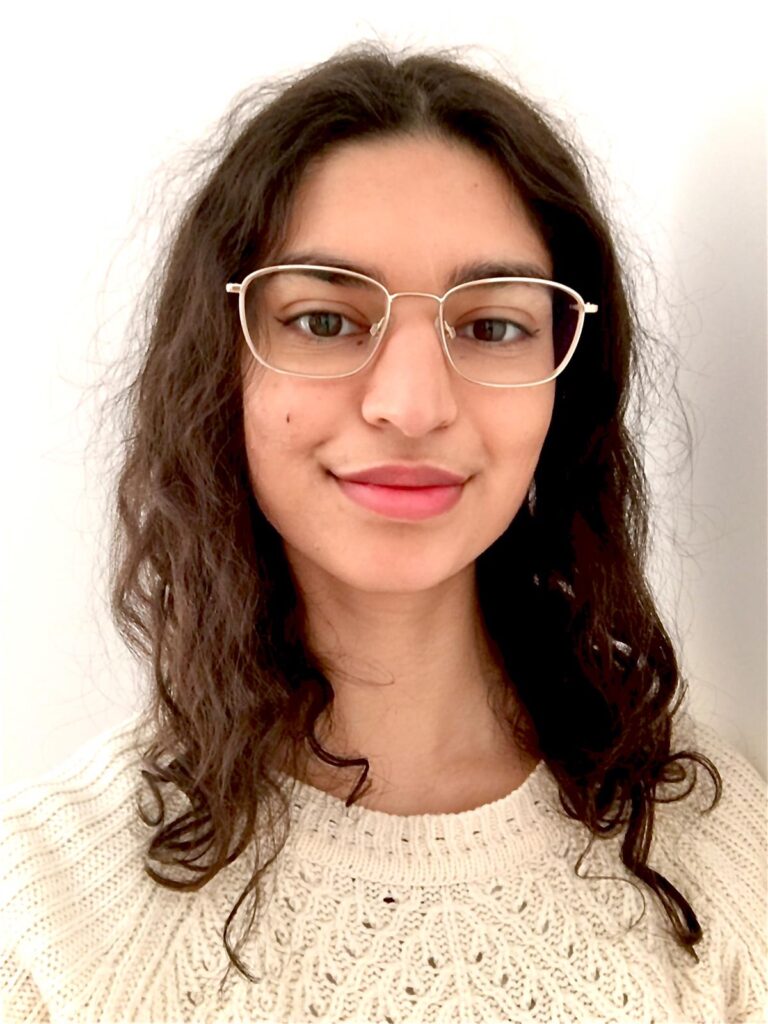…all contribute to racism in the Welsh education system
Aara Syed
Journalist & Blogger
On 27 April Race Alliance Wales (RAW) published a research report, Show Us You Care: exploring the cumulative impact of racism upon racialised (racially minoritised) young people in the Welsh education system.
Findings from this report indicate that there is a long road ahead before the education experience is no longer host to racist and discriminatory behaviour and policies.
Both teachers and students were found to use racial slurs and general derogatory language when it comes to People of Colour.
More broadly, the education system itself has been reported to feature low levels of representation of minoritised groups and when they are represented it is often through negative stereotyping.
While difficult and confusing racism reporting procedures throughout the education lifecycle and discriminatory uniform rules are additional causes for concern.
Problematic teachers
The lack of diversity in teaching staff created problems both in regard to the reporting of racist incidents and racism shown by teachers.
One young person told of how her substitute teacher would regularly touch her hair without permission:
‘It kind of made you feel othered because you’re not like a zoo animal you know? It’s like why are you constantly touching my hair?
You don’t touch a black woman’s hair without asking – you’re making me feel like I’m not even human.’
SHOW US YOU CARE
Abramson et al. April 2021
A Peer-led Research report by Race Alliance Wales
Microaggressions involving pupils’ names were also exhibited by teachers.
‘I had a friend in class as well who had his name mispronounced and the teacher said well I’m not from this P-word land- and even though we reported that [incident] he still kept his job- we’re still seeing him walking around despite him using a slur like that towards the student.
It just kind of shows how ignorant he is- it was really bad, but they didn’t do anything about it.’
SHOW US YOU CARE
Abramson et al. April 2021
A Peer-led Research report by Race Alliance Wales
Wider issues
While there are issues with the curriculum itself, with students complaining of teachers using the n-word as it is included in books that are read in English literature.
John Steinbeck’s Of Mice and Men is one text featured in the curriculum, which includes many references to Black people using slurs such as the N-word.
Young people heard teachers and students openly use the N-word as part of reading the text within lessons. Gaps and stereotyping in the curriculum in relation to racialised people were also raised.
In secondary schools, nearly all young people responded that they did not see their race, ethnicity or religion portrayed in the curriculum.
Most of the young people described their subjects as Eurocentric, overlooking and ‘erasing’ the contributions made by ethnic minority communities in the UK, with subjects such as history presenting a ‘whitewashed’, and ‘romanticised’ version of UK history. Young people also felt racial stereotypes were encouraged and reinforced by educational institutions.
Peer-to-peer racism
Students often experienced racist behaviour by their peers.
In primary schools, racism was mainly expressed by white children towards racialised children, with name-calling based predominantly around racial characteristics.
Black children were also asked questions such as ‘Are you from Africa?’, despite being born in Wales. Some young people also shared stories of being the only child in their class to not be invited to birthday parties.
In secondary schools there were incidents of both name-calling and racial slurs, including being called the P-word and the N-word, in reference to an individual’s race.
Islamophobic name-calling was reported by all young people who followed Islam, they were called ‘Terrorists’, ‘Bombers’ and ‘Extremists’. Young, female Muslims were also subjected to attacks motivated by Islamophobia, with many recalling experiences of having hijabs (headscarves) ‘pulled off’ by their peers.
There was also an incident of spitting involving prejudice around individuals with refugee status. One young person shared an experience of an older student passing him in the school corridor, turning to say: ‘You’re a refugee’ and then spitting on the floor. This incident was reported to and handled by school staff with CCTV footage, playing a major role.
Racism reporting
Knowing racism report practices was a big issue throughout the education lifecycle, students expressed difficulties in knowing how to report and the effectiveness of reporting racist incidents, from primary school until university.
One young person shared an experience that occurred while playing football, representing his secondary school:
‘During a corner one of my players called one of their black players the N-word. Their whole team ran over to me [as team captain] screaming.
But I didn’t really know what to do at that age. I kind of just freeze up- I’m probably like 14. When I tell a coach, once again I see nothing’s happened. [The player is] still in my team like nothing happened, no repercussions – that kind of subconsciously kind of trains me to think if I hear it, what is the point in even reporting it?’
SHOW US YOU CARE
Abramson et al. April 2021
A Peer-led Research report by Race Alliance Wales
It was understood that the majority of the time ‘hard evidence’ like CCTV footage or approaching school staff in groups is practically a necessity when it comes to successfully reporting experiences of racism and education institutions taking action.
Racist rules
Uniform policies were discussed with mixed feelings.
The majority of young people perceived secondary schools as willing to support religious beliefs: for example, Muslim young people were provided with spaces to pray, allowing days off school for religious holidays, and allowed to wear the hijab. However, there were still reports of confusion surrounding uniform policies, with many young people unsure of what they could and couldn’t do. There were also policies which were considered to be indirectly racist, this was particularly felt by Black young people in relation to how they chose to style their hair:
‘I was growing dreads, they said ‘make sure that you keep it professional’ just because I’m growing my hair in long dreads – how is that unprofessional?’
SHOW US YOU CARE
Abramson et al. April 2021
A Peer-led Research report by Race Alliance Wales
The confusion over these policies, disproportionately impacting racialised young people, suggest unfair and discriminatory policy making in some schools in Wales – a problem which is reflected throughout the UK and related to the controversy surrounding Pimlico Academy in London, England.
University
The research sample’s university students were mainly at the beginning of their degrees so less can be said about the experience of racialised students within Higher Education.
Many young people enjoyed the relative ‘diversity’ that can be found in university settings, helping their sense of belonging.
However, many young people experienced complex processes of enrolment, with a level of confusion around it being difficult because of the system, or due to indirect racism from university staff.
A few young people, studying health related disciplines in college and university, explained the need to ‘speak up’ in order to give their patients appropriate care. Students have approached [lecturers] and said: ‘You need to teach us on how to assess people of different skin colour.’
‘The university has actually implemented that [advice] into our lessons now.’
SHOW US YOU CARE
Abramson et al. April 2021
A Peer-led Research report by Race Alliance Wales
This research was undertaken during the pandemic and found that there was an issue of digital poverty when universities shifted to online learning, with it being suggested that they didn’t necessarily consider the needs of students from less wealthy backgrounds, meaning some students were more disadvantaged than others.
Impact
Many explained the difficulty in dealing with what was said to be jokes and ‘banter’, but often felt like racism.
A lot of young people who had experienced direct racism throughout their educational journeys expressed how incidents had a long-term effect on how they see themselves in relation to others:
‘It did like hit my self-esteem I’d say. It did make me feel sometimes [like] I’m never going to be good enough as certain people because of
the way I look or the colour of my skin – it does make me feel like I’m not as valuable or as worthy as other people.’
SHOW US YOU CARE
Abramson et al. April 2021
A Peer-led Research report by Race Alliance Wales
Many young people expressed a degree of acceptance and inevitability over experiencing racism throughout their lives, internalising their feelings.
Just recalling these experiences in order to hopefully influence positive change for future generations was at times traumatic and psychologically draining.
‘Even speaking about it gets me a bit emotional [and] I know it’s not my fault as well- I’m just different. I haven’t really learned how to overcome racism and Islamophobia. I have just learned to keep it in and keep it to myself, not make it an issue.’
SHOW US YOU CARE
Abramson et al. April 2021
A Peer-led Research report by Race Alliance Wales
Because of prior experiences of racism, for some students their long-term career aspirations are affected, and they will avoid certain careers where they anticipate too much exposure to racism, especially if a certain career path will involve dealing with the public.
‘I would say it would make them [people who have experienced racism] less confident to pursue what they want because right now I was considering a career in community pharmacy. [But] because I see the way that people treat me, I’m reluctant because I don’t want to deal with the racism from people when I’m there.’
SHOW US YOU CARE
Abramson et al. April 2021
A Peer-led Research report by Race Alliance Wales
There was also a sad sense of expecting racism to happen, with many interviewees accepting that they will need to ‘work three times as hard’ in order to succeed and compete with white counterparts.
Conclusion
Despite serious concerns, the interviewed young people also expressed a great deal of hope and optimism about changes in representation in the education system in Wales.
There was hope due to the Black Lives Matter protests in 2020, the planned changes in the Welsh school curriculum, and the forthcoming Welsh Government Race Equality Action plan.
Although some young people view efforts from schools to be inclusive, diverse and to promote equality to be superficial, one offs, and tokenistic, they found that sessions by Show Racism the Red Card (SRTRC) and Ethnic Minority and Youth Support Team (EYST Wales) have a different approach to racism to that of the wider education sector.
Their sessions around anti-racism, Islamophobia and cultural diversity are seen as a way of breaking down the stereotypes attached to different ethnic groups, as well as religious groups and are welcomed by young people.
‘I remember in primary school we had Show Racism the Red Card.
They made understanding racism clear- like even the person who was teaching it was a White Muslim. So it was very like inclusive of all backgrounds and things like that.’
SHOW US YOU CARE
Abramson et al. April 2021
A Peer-led Research report by Race Alliance Wales
Overall, regardless of experiences, the research indicates different forms of racism are manifesting across educational institutions in Wales. No matter where, how and what form it takes, this report illustrates that racism is still very much prevalent within the education system in Wales.
Recommendations
The report includes 13 recommendations for Schools, Welsh Government and Education Stakeholders, Education Workforce Council and those working with children and young People in Wales.
These are split into sections that look at becoming anti-racist, being more representative; improving reporting procedures; levelling the playing field and recognising the trauma that experiences of racism can involve.
‘We need a vast amount of training. We need organisations like RAW to get the resources they need to train people so they can be more
aware of reality.
Giving people the help they need to help them[selves].
Governments need to incentivise people to actually do it.
Government needs to invest in these organisations, charities to give people the tools to train people.
We need this before even progressing to the next step.
You can’t build a house on sand.
You can’t build a house on water.
You need solid foundations for the basics.’
SHOW US YOU CARE
Abramson et al. April 2021
A Peer-led Research report by Race Alliance Wales
The research was carried out through online interviews with 20 individuals, from a variety of different racial groups and faith groups (including those with no religion). There were participants from across Wales, with varying migration status and they were aged 16-25. All participants chose to stay anonymous.
Race Alliance Wales is an initiative started in December 2018, which aims to provide a self-directed space where Black, Asian and other ethnically minoritised organisations and individuals can come together to discuss experiences as ethnic minorities in Wales, share information, and develop new ideas and solutions to the growing challenge of racism in Wales.
If you have found anything that you have read triggering or distressing , you can call Samaritans at: 116 123, they also have a Welsh language line: 08081640123
